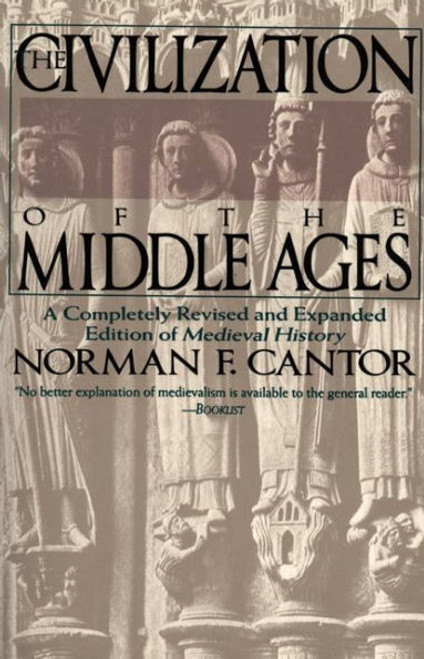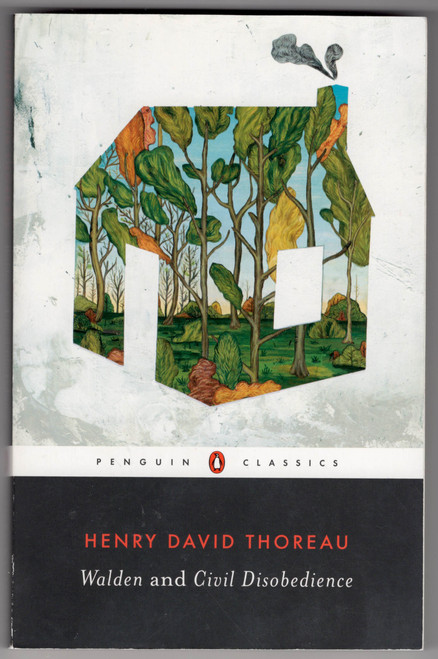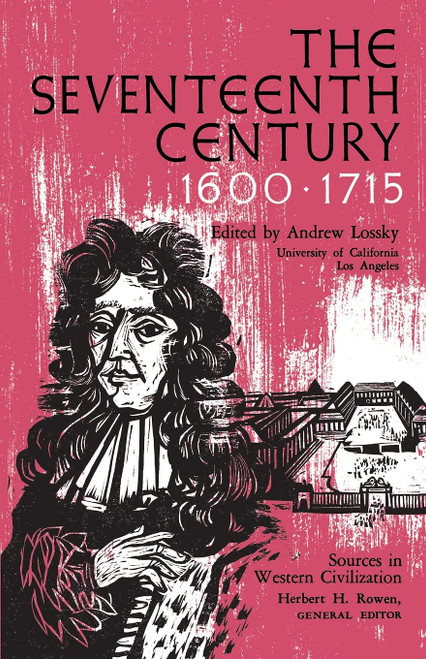The most readable and imaginative one-volume history of the middle ages in the English language. Now revised and expanded, this edition of the splendidly detailed and lively history of the Middle Ages contains more than 30 percent new material.
Editorial Reviews
"No better explanation of medievalism is available to the general reader." --Booklist
"That such a volume is brought out by a trade publisher, rather than by a university press, testifies to the felt need for a good book for general readers on this fascinating period of history." --Washington Post Book World
"Historian Cantor just keeps improving on what was excellent in the fist place....One-third of the text is now different from that of the original, reflective of new scholarly investigation and thinking on Cantor's part." --Booklist
"A majestic, thoughtful, engrossing history for the layman. Professor Cantor's style is easy--no jargon. He is far beyond just knowing his period; he understands it and so he can explain, without oversimplifying, the variety and complexity of this great section of the West's past. A marvelous book." --The New Yorker
About the Author
Norman F. Cantor was Emeritus Professor of history, sociology, and comparative literature at New York University. His many books include In the Wake of the Plague, Inventing the Middle Ages, and The Civilization of the Middle Ages, the most widely read narrative of the Middle Ages in the English language. He died in 2004.




![Walden, a veritable treasury of American naturalism, teems with biting social observations about daily human life, not least among them:
"Our life is frittered away by detail....Simplify, simplify."
Henry David Thoreau built his small hut on the shore of Walden Pond in 1845. For the next two years he lived there as simply as possible, seeking zthe essential facts of lifey and learning to eliminate the unnecessary details--material and spiritual--that intrude upon human happiness. He described his experiences in Walden, using vivid, forceful prose that transforms his reflections on nature into richly evocative metaphors to live by. George Eliot's review of Walden singles out qualities that have attracted readers for generations, namely "a deep poetic sensibility," as well as Thoreau's own "refined [and] hardy mind." In a world obsessed with technology and luxury, Walden seems more relevant today than ever.
After being imprisoned for refusing to pay Concord's poll tax, Thoreau recounted his experience in an 1848 lecture, "The Rights and Duties of the Individual in Relation to Government." The speech, hardly noticed in Thoreau's lifetime, was later published as "Civil Disobedience." Today it is widely considered the single most important essay concerning the incumbent duties of American citizens and has inspired major civil movements around the world.
With an Introduction and Notes by Jonathan Levin Walden, a veritable treasury of American naturalism, teems with biting social observations about daily human life, not least among them:
"Our life is frittered away by detail....Simplify, simplify."
Henry David Thoreau built his small hut on the shore of Walden Pond in 1845. For the next two years he lived there as simply as possible, seeking zthe essential facts of lifey and learning to eliminate the unnecessary details--material and spiritual--that intrude upon human happiness. He described his experiences in Walden, using vivid, forceful prose that transforms his reflections on nature into richly evocative metaphors to live by. George Eliot's review of Walden singles out qualities that have attracted readers for generations, namely "a deep poetic sensibility," as well as Thoreau's own "refined [and] hardy mind." In a world obsessed with technology and luxury, Walden seems more relevant today than ever.
After being imprisoned for refusing to pay Concord's poll tax, Thoreau recounted his experience in an 1848 lecture, "The Rights and Duties of the Individual in Relation to Government." The speech, hardly noticed in Thoreau's lifetime, was later published as "Civil Disobedience." Today it is widely considered the single most important essay concerning the incumbent duties of American citizens and has inspired major civil movements around the world.
With an Introduction and Notes by Jonathan Levin](https://cdn11.bigcommerce.com/s-ezptpblrxu/images/stencil/500x659/products/1113/1811/WaldenCivilBarnesHardcover__88572.1660081611.jpg?c=2)


